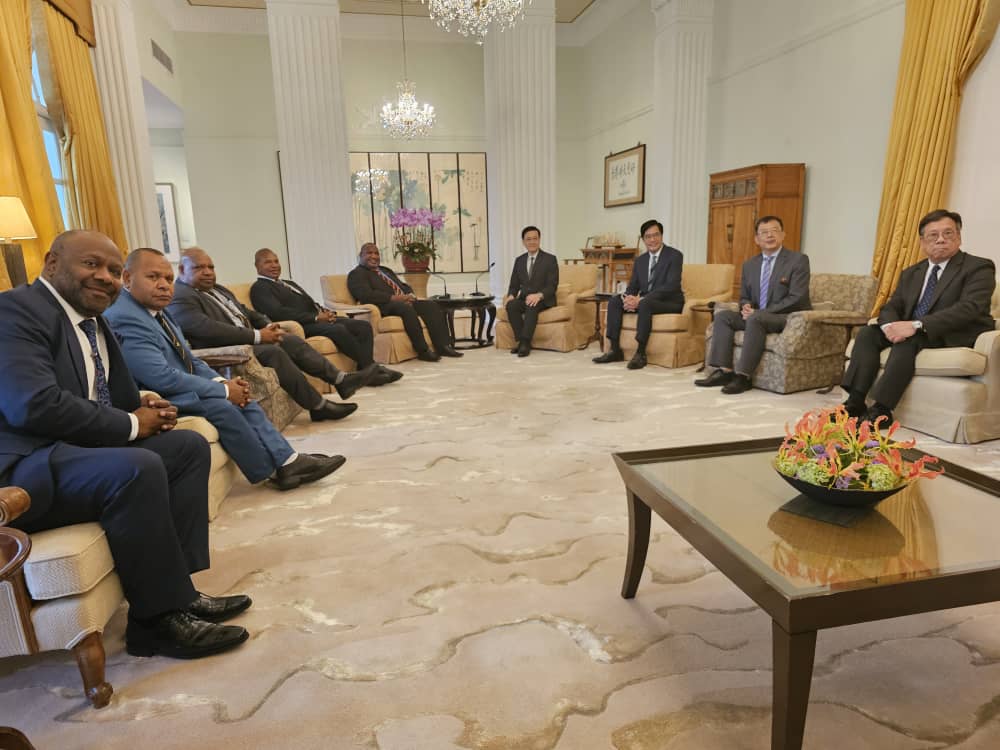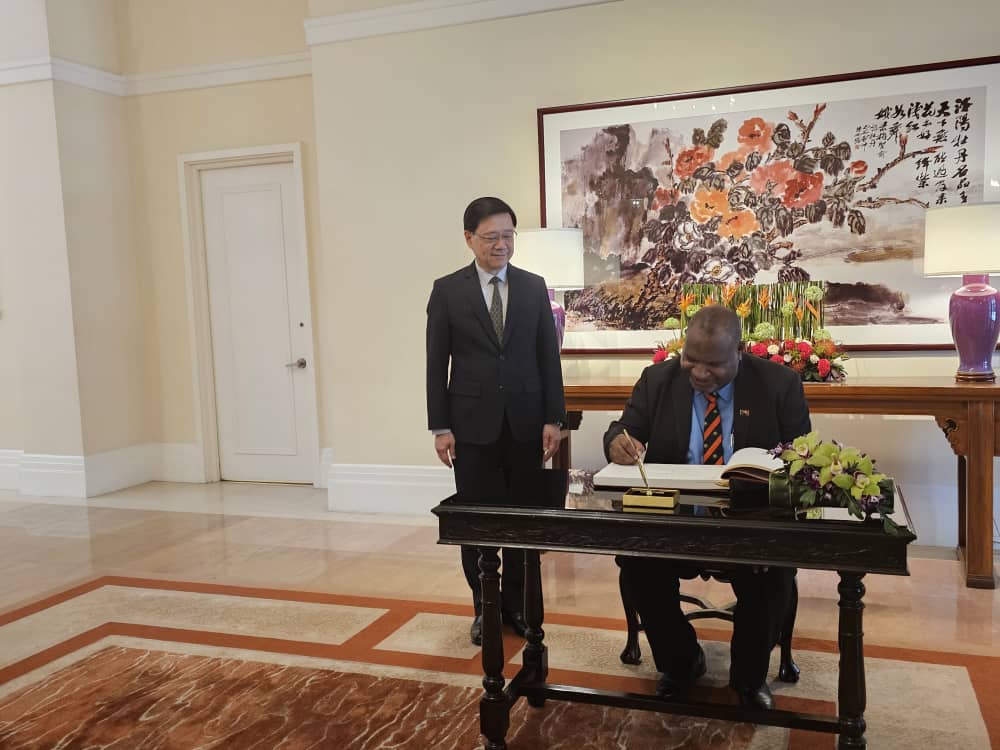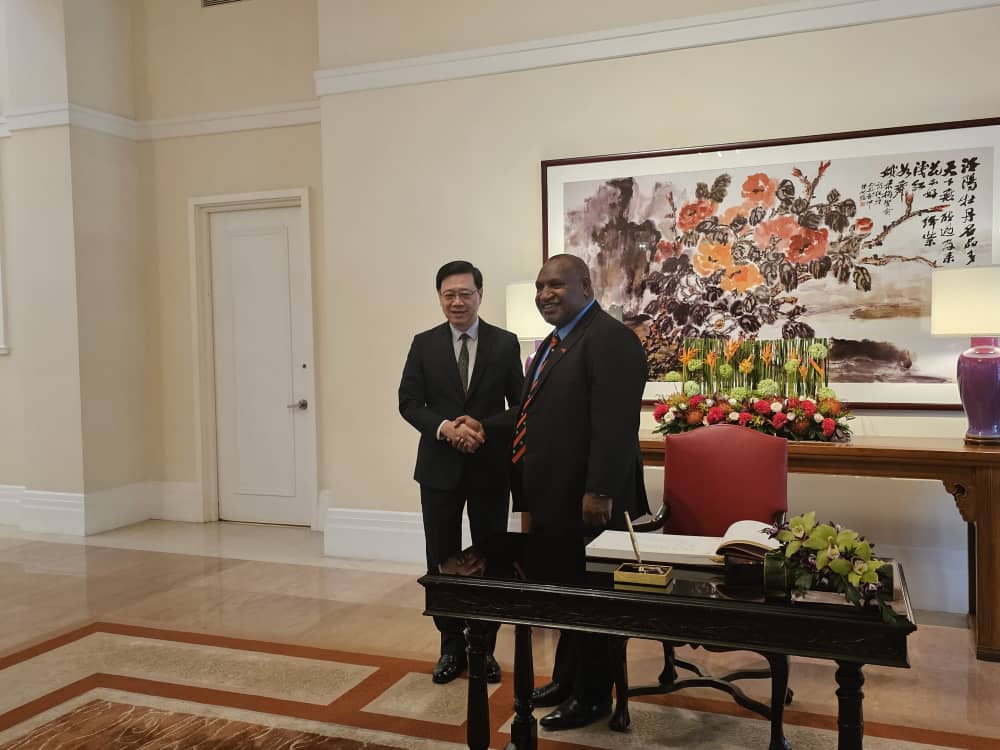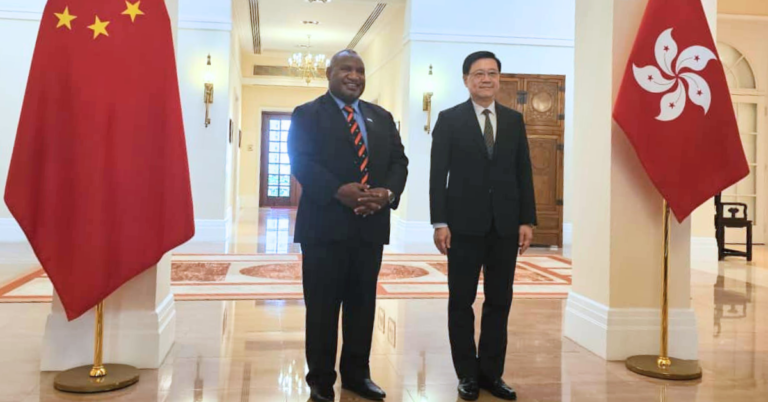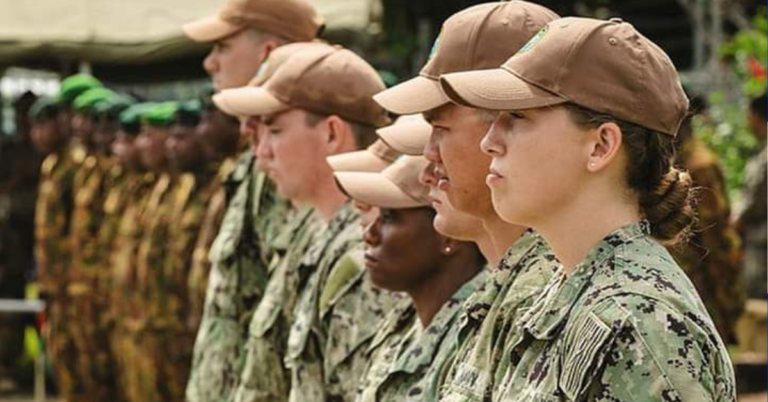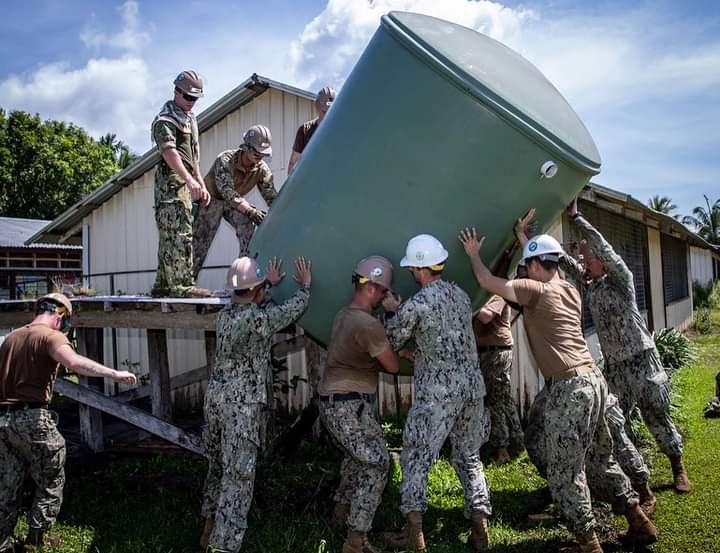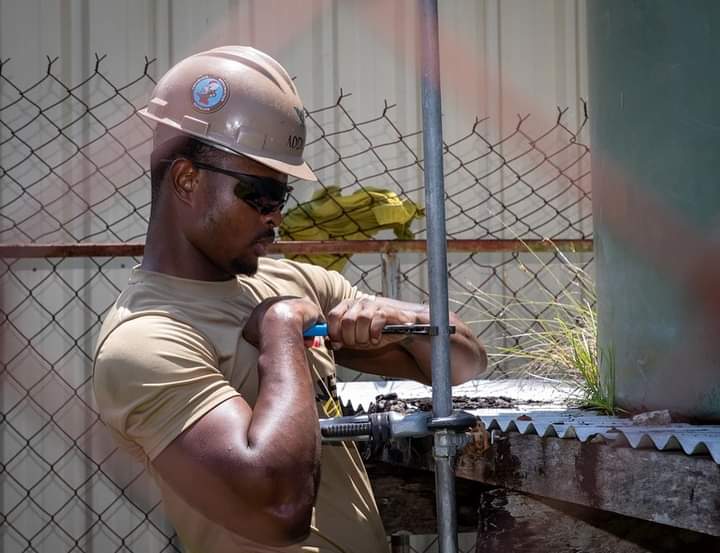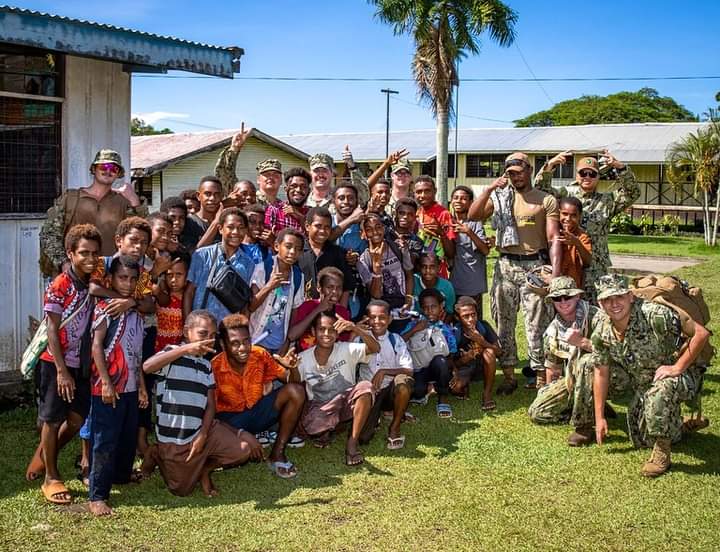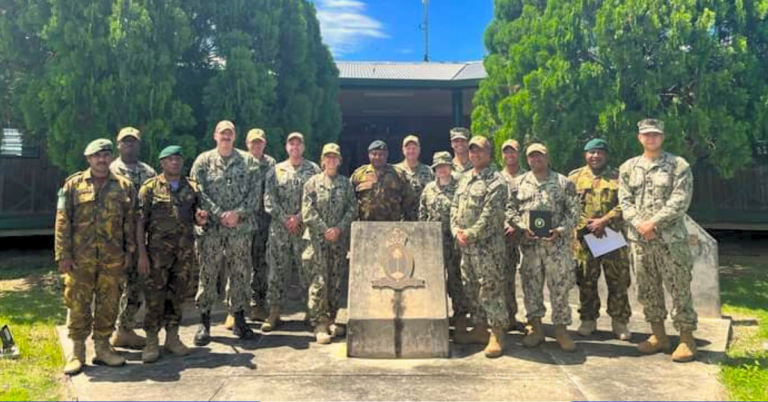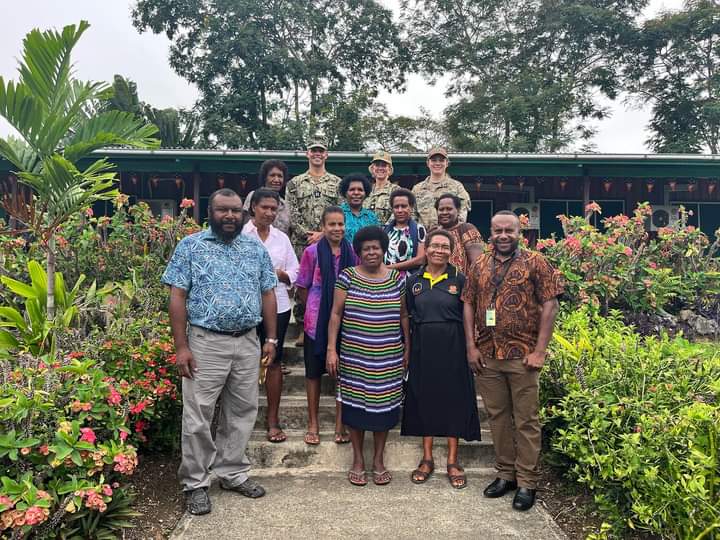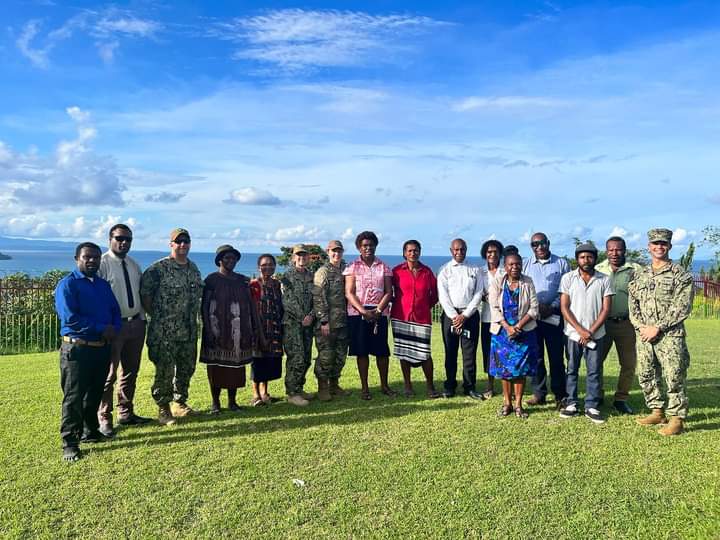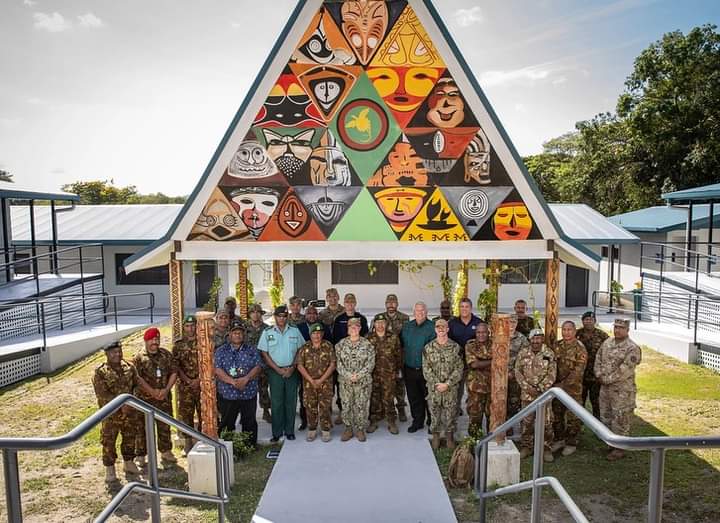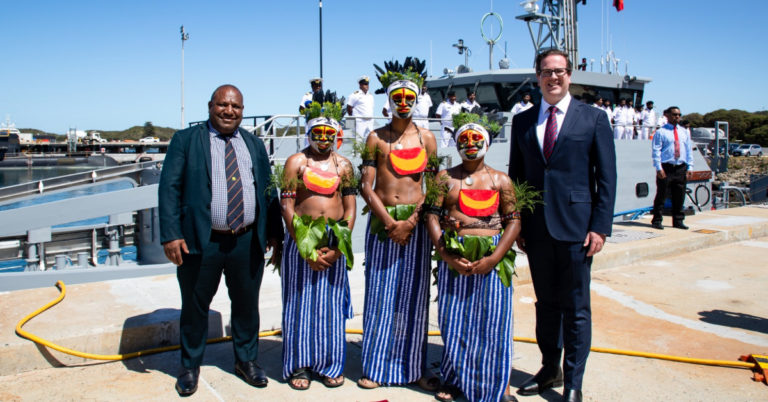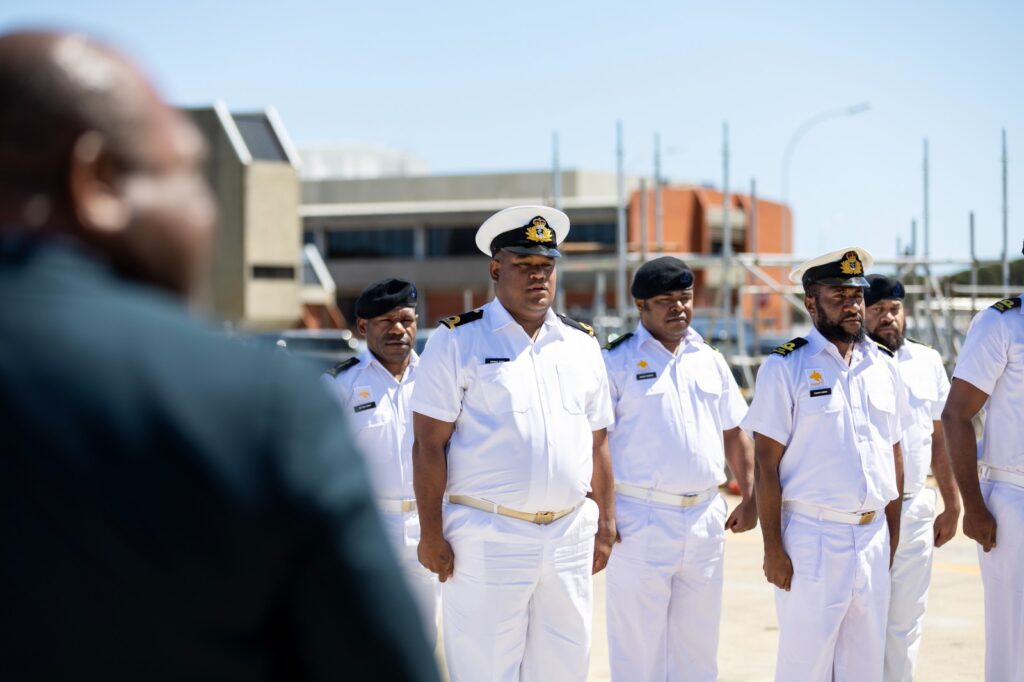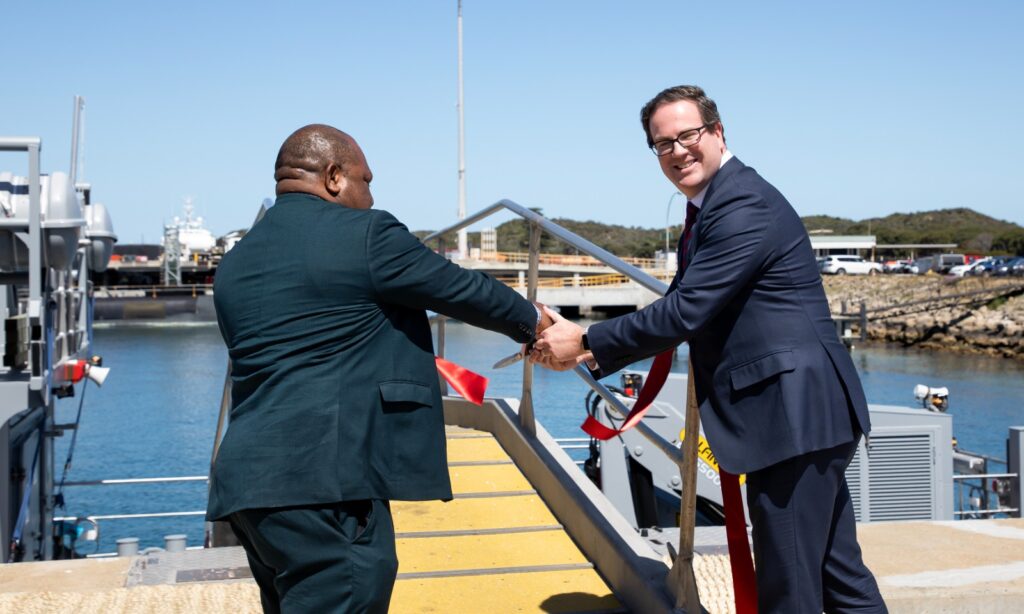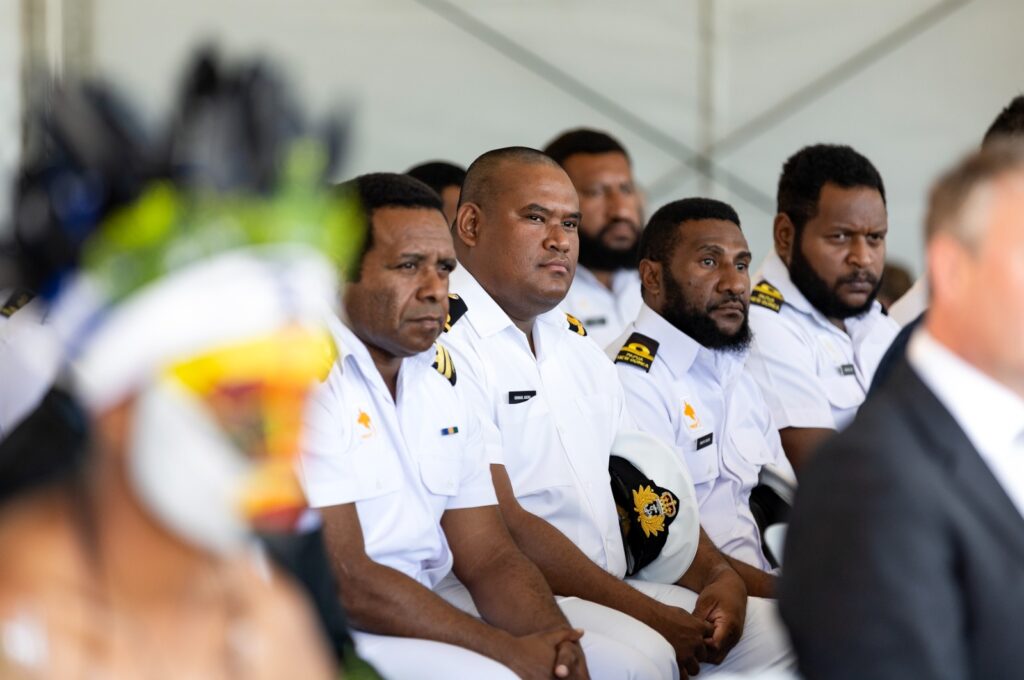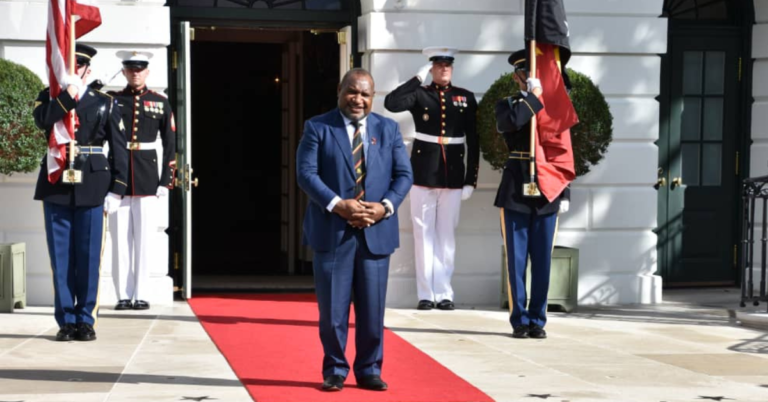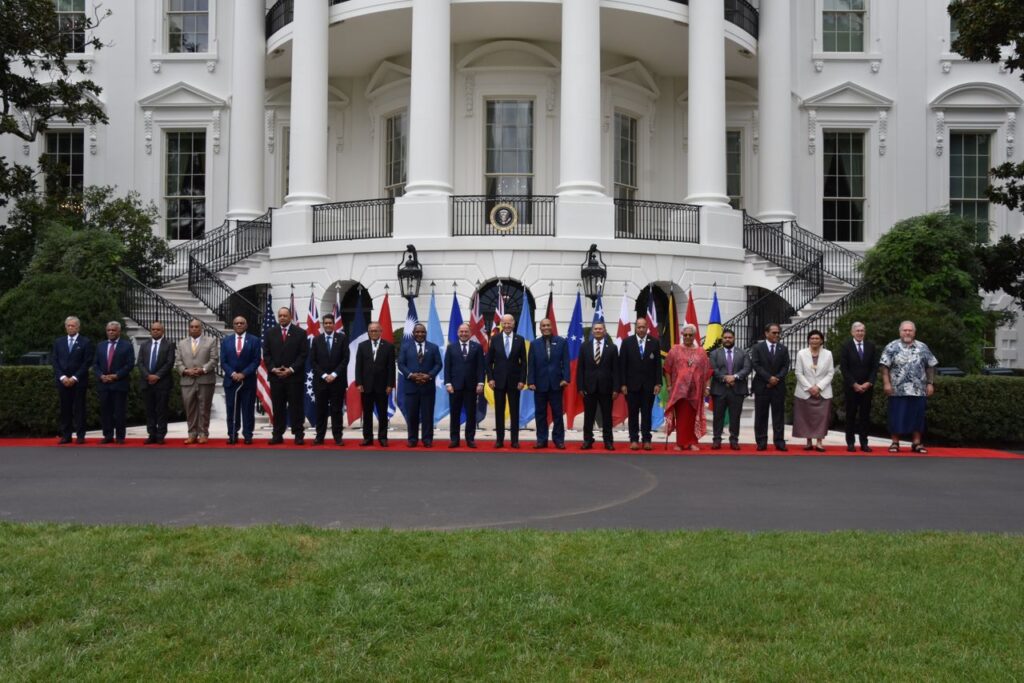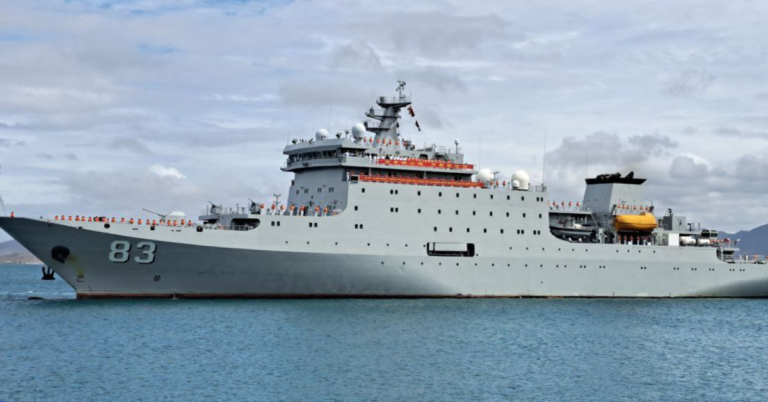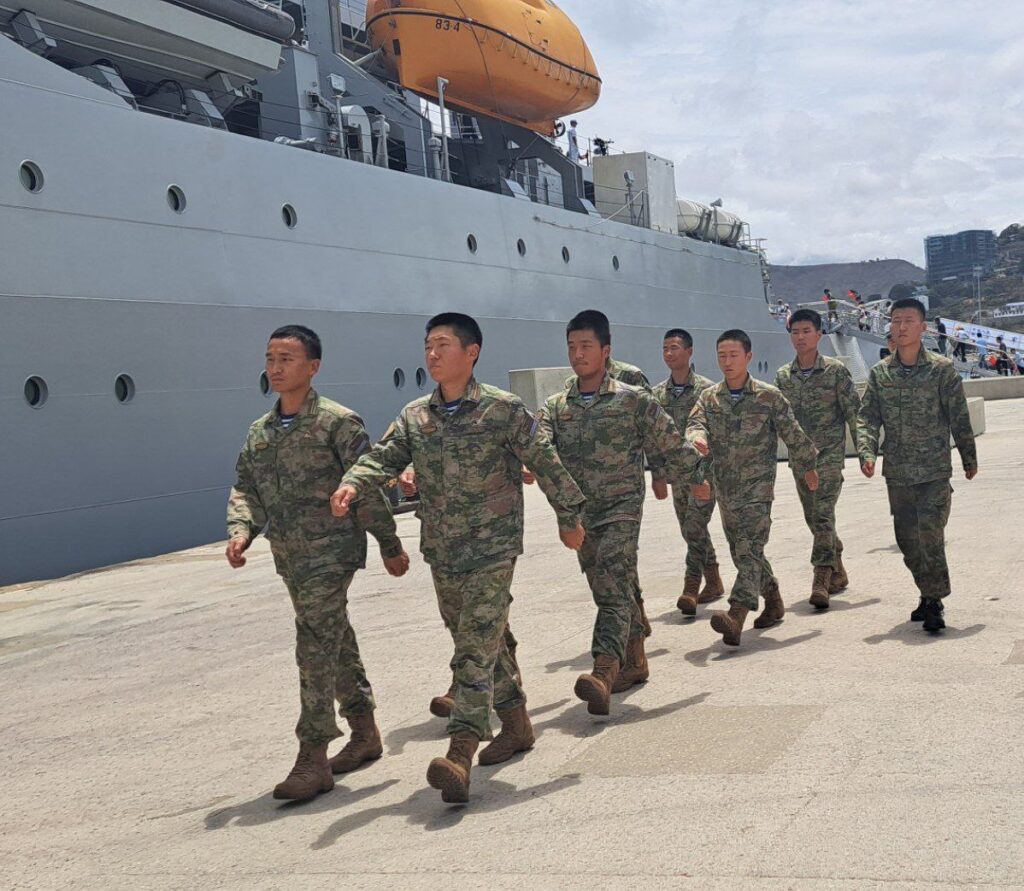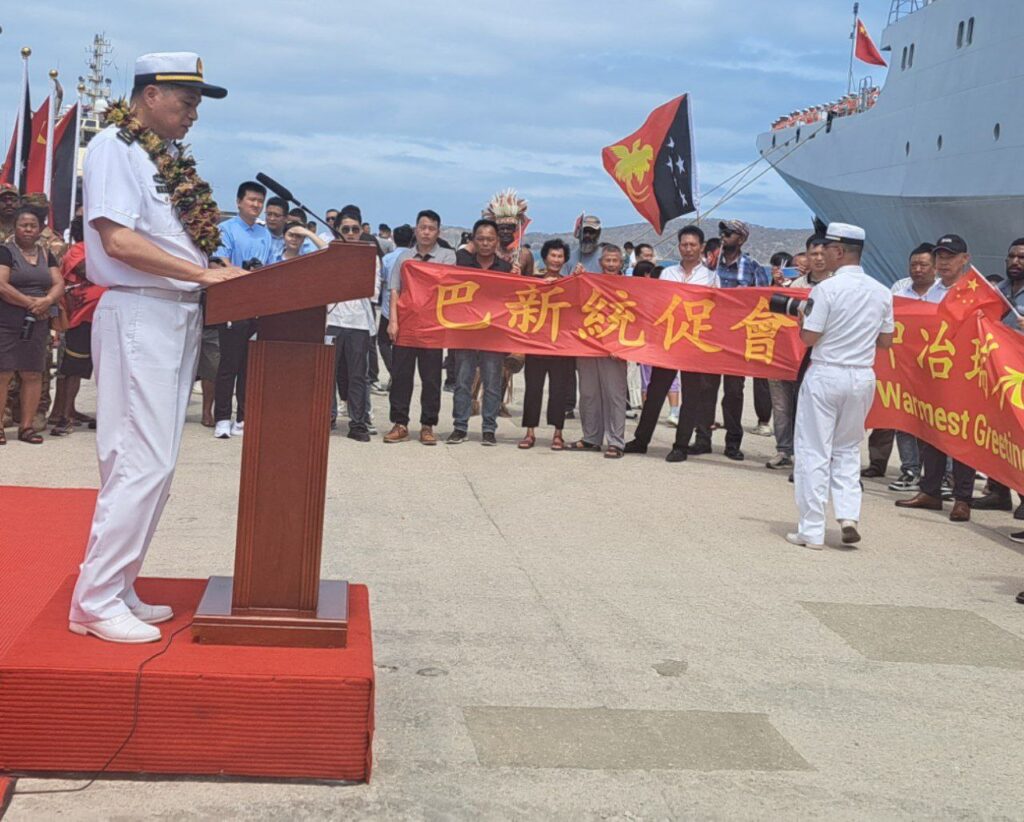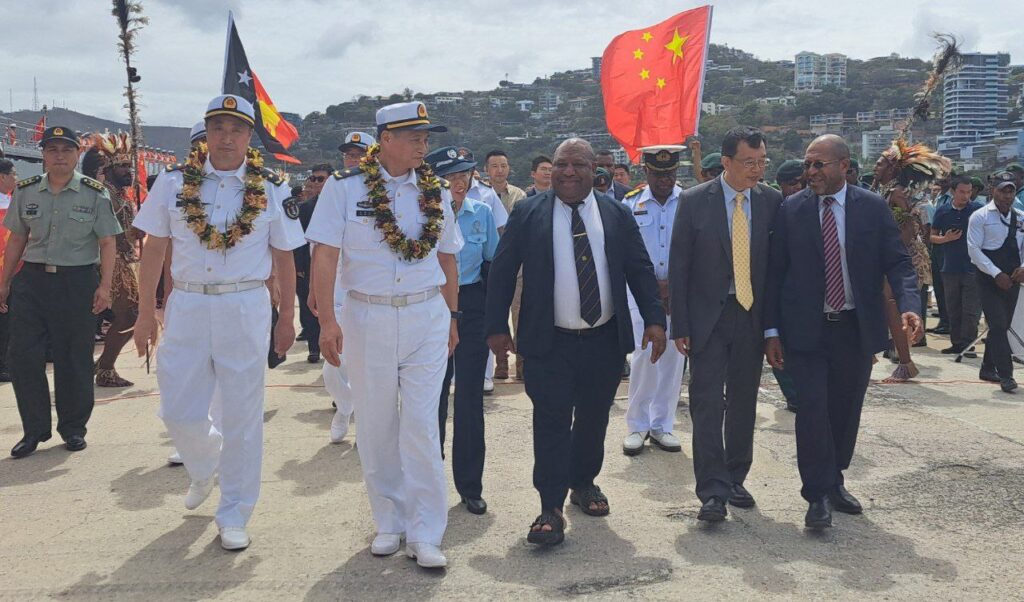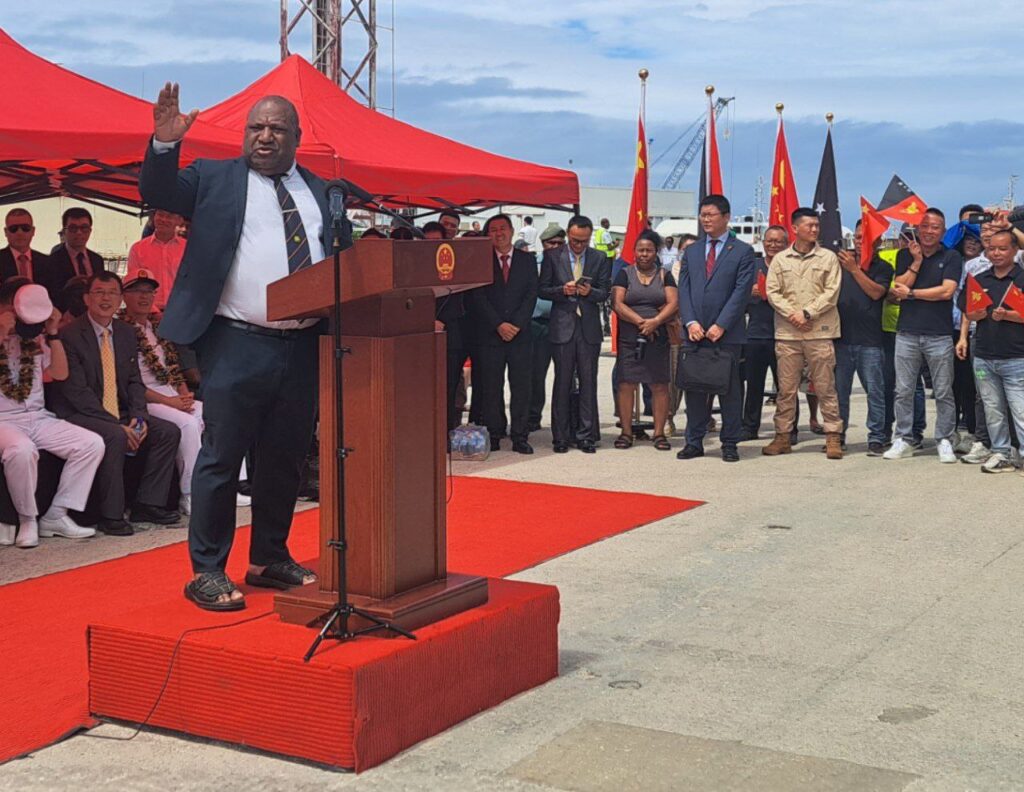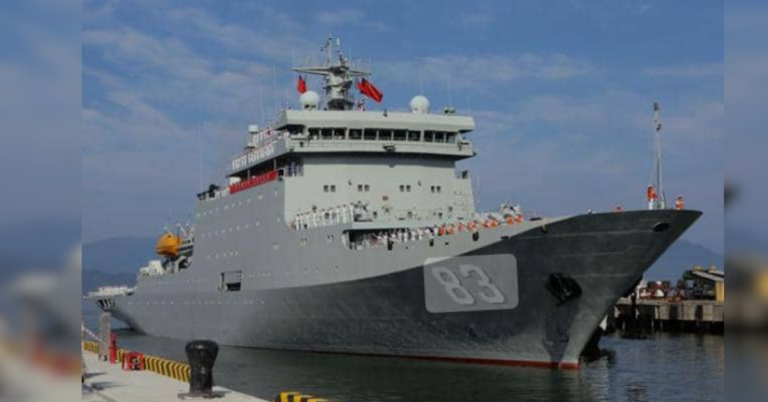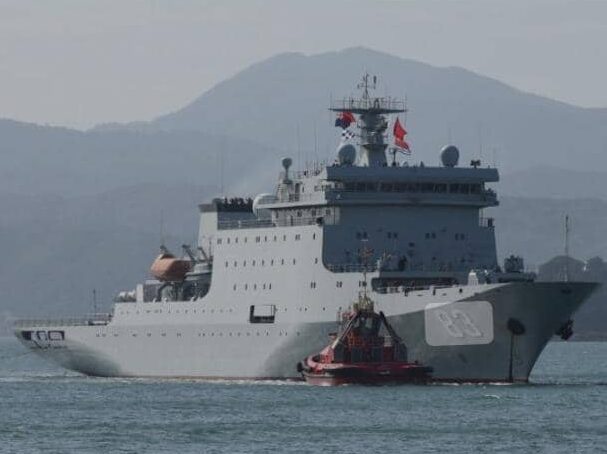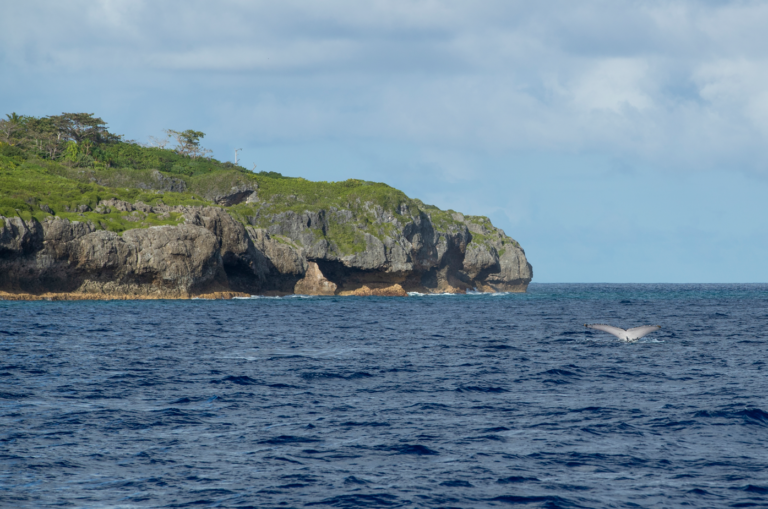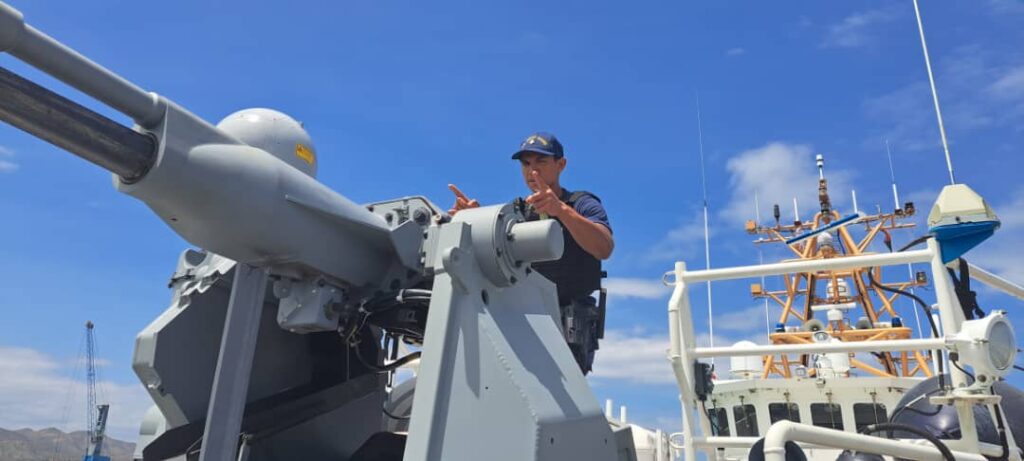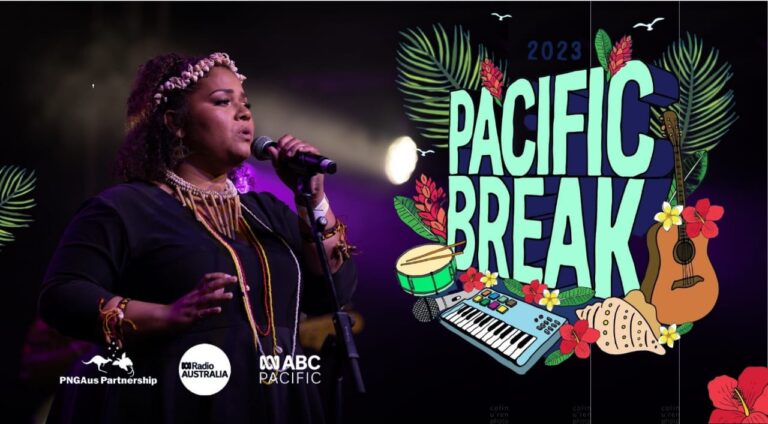PHOTO FILE: A tail of a humpback whale breaks the water in Niue in this 2018 photo. (Richard Sidey/Galaxiid via AP)
By NICK PERRY (Associated Press)
WELLINGTON, New Zealand (AP) — The tiny Pacific island nation of Niue has come up with a novel plan to protect its vast and pristine territorial waters — it will get sponsors to pay.
Under the plan, which was being launched by Niue’s Prime Minister Dalton Tagelagi on Tuesday in New York, individuals or companies can pay $148 to protect 1 square kilometer (about 250 acres) of ocean from threats such as illegal fishing and plastic waste for a period of 20 years.
Niue hopes to raise more than $18 million from the scheme by selling 127,000 square-kilometer units, representing the 40% of its waters that form a no-take marine protected area.
In an interview, Tagelagi said his people have always had a close connection with the sea.
“Niue is just one island in the middle of the big blue ocean,” Tagelagi said. “We are surrounded by the ocean, and we live off the ocean. That’s our livelihood.”
He said Niueans inherited and learned about the ocean from their forefathers and they want to be able to pass it on to the next generation in sustainable health.
Most fishing in Niue is to sustain local people, although there are some small-scale commercial operations and occasional offshore industrial-scale fishing, according to the U.N.’s Food and Agriculture Organization.
“Because of all the illegal fishing and all the other activities at the moment, we thought that we should be taking the lead, to teach others that we’ve got to protect the ocean,” Tagelagi said.
Unregulated fishing can deplete fish stocks, which then cannot replenish, while plastics can be ingested by or entangle marine wildlife. Human-caused climate change has also led to warmer and more acidic oceans, altering ecosystems for underwater species.
Niue is also especially vulnerable to rising sea levels threatening its land and freshwater, and the island is at risk of more intense tropical storms charged by warmer air and waters.
With a population of just 1,700 people, Niue acknowledges it needs outside help. It’s one of the smallest countries in the world, dwarfed by an ocean territory 1,200 times larger than its land mass.
Under the plan, the sponsorship money — called Ocean Conservation Commitments — will be administered by a charitable trust.
Niue will buy 1,700 sponsorship units, representing one for each of its citizens. Other launch donors include philanthropist Lyna Lam and her husband Chris Larsen, who co-founded blockchain company Ripple, and U.S.-based nonprofit Conservation International, which helped set up some technical aspects of the scheme.
Maël Imirizaldu, marine biologist and regional leader with Conservation International, said one problem with the conventional approach to ocean conservation funding was the need for places like Niue to constantly seek new funding on a project by project basis.
“The main idea was to try and switch that, to change the priority and actually help them have funding so they can plan for the next 10 years, 15 years, 20 years,” Imirizaldu said.
Simon Thrush, a professor of marine science at New Zealand’s University of Auckland who was not involved in the plan, said it sounded positive.
“It’s a good idea,” Thrush said, adding that as long as the plan was thoroughly vetted and guaranteed over the long term, “I’d be up for it.”
All contents © copyright 2023 Associated Press. All rights reserved
